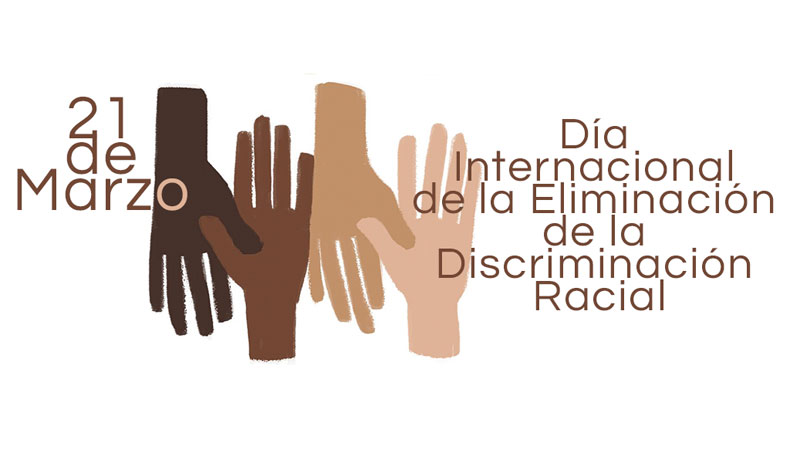
Battle against racial discrimination
Havana, March 21 (RHC) On the International Day for the Elimination of Racial Discrimination, Cuba continues the battle against inherited prejudices and discriminatory practices and towards the establishment of an anti-racist culture.
This was ratified by a debate organized on the occasion of the event in Havana's Casa del Alba Cultural, which was moderated by Rolando Rensoli, vice president of the Aponte Commission.
This Commission is dedicated to the fight against racism and the promotion of the African cultural legacy in the Antillean nation, and has offices in all the provinces of the country. It is named after José Antonio Aponte, an independence and anti-slavery black leader who led the first recorded national conspiracy in Cuban history against the Spanish colonial government.
After taking up arms on March 15, 1812 on the outskirts of Havana, Aponte was arrested a few days later and on April 9 he was hanged without trial, along with the blacks who accompanied.
According to the Casa Alba Habana Facebook profile, a phrase by Cuban President Miguel Díaz Canel synthesized the debate prior to the International Day for the Elimination of Racial Discrimination: “The Cuban Revolution believes in only one race: the human race. And it will battle against inherited prejudices and discriminatory practices”.
In November 2019, the Cuban Government approved the National Program against Racism and Racial Discrimination, which reflects its political will and commitment to building an increasingly just and inclusive society. This plan is executed by a Government Commission headed by President Díaz-Canel, 18 agencies of the central State administration and 18 civil society organizations.
The work currently focuses on the school as one of the main scenarios where education should be concentrated based on the roots of an anti-racist culture. (Source: Prensa Latina)

